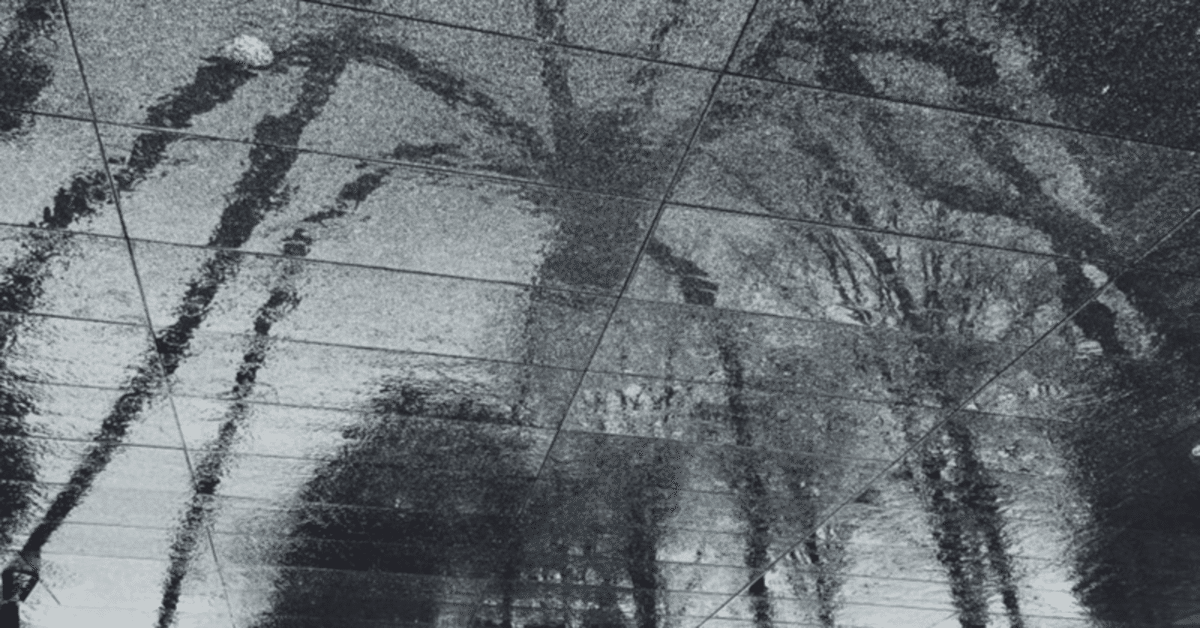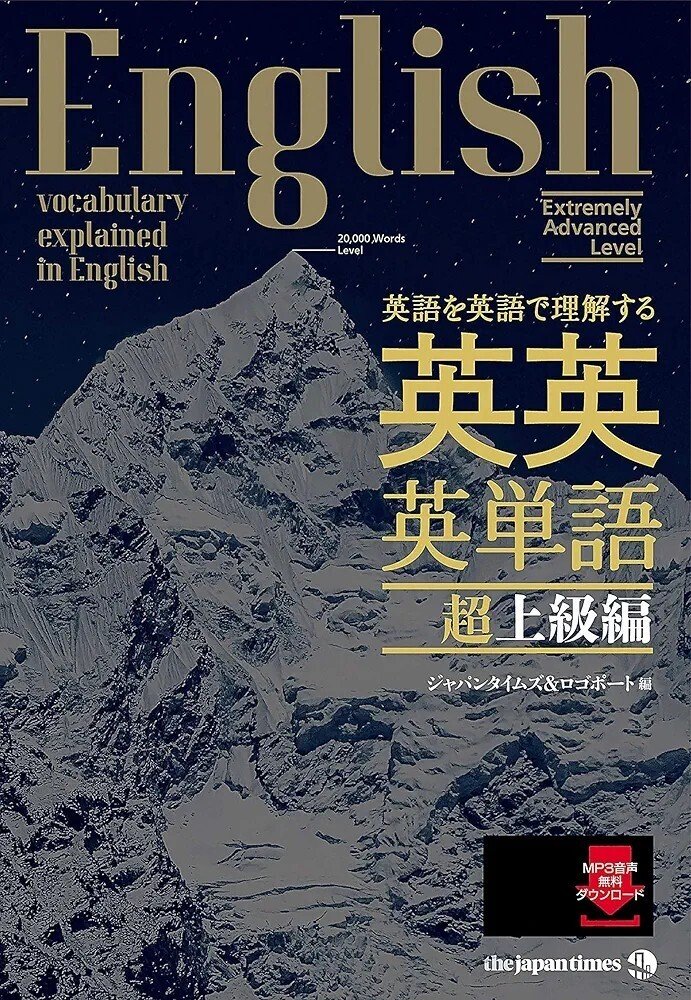
daddy longlegs
English follows
娘は本を読んでいてわからない単語があると「ママ、これはどういう意味?」と聞いてくる。
いつもはすぐ答えるが、今日は
「daddy longlegsってなに?」と聞かれて、
「…足の長いおとうちゃん?」
あやふやに直訳してしまった。
そしたら、近くにいた息子がすかさず「いや、それは虫だよ。足が細長いやつ」だって。
検索したら、確かに足の長い蜘蛛の画像が出てきた。和名「メクラグモ」。
私、実は、こういうやつが大変苦手で見るとゾワッとする。勇気ある人だけ検索してみて。"daddy longlegs"。ちなみに表題写真は六本木ヒルズのママン。
ロンドン暮らし2年11ヶ月。小さい生き物の名前などは、すでに娘(7歳)のボキャブラリーにかなわなくなりつつある。
息子(10歳)の質問については半年前くらいから即答できないことがのほうが多くなってきたので、辞書アプリをタブレットに入れて自分で調べてもらっている。彼はジャパンタイムズの「英英英単語」シリーズでボキャビルをしているのだが、最近ついにその「上級編」を終えて、「超上級編」に突入した。

超上級編になると最初のページから私も知らない単語が目白押しなので、一緒に勉強しようと思ったけど、記憶スピードで若い脳には全く敵わず、既に置いてけぼりてある。
渡英8ヶ月目の記録をふりかえると、私は以下のように考えていた。
子供たちをバイ・リンガルに育てたいと強く思うのは「英語を伸ばさなきゃ」というよりも「母国語である日本語を深く使えるようにするのが、海外に連れてきてしまった親の責任」と感じているから
しかし、思っていた以上に英語の伸びは早い一方で、日本語を年相応に維持するのは在外生活が長くなるにつれて難しくなってきています。当然ながら。
娘は促音(ちっちゃい「っ」)の扱いに苦戦している。しっぽ→しぽ、カスタネット→カスタッネト、のような間違いがなかなか直らないのは、読み書きのスタートでアルファベットの組み合わせで促音が決まる英語のフォニックスをたたきこまれて、それは、1音づつくっきり取り出し文字表記する日本語とまったく違うからかも。
息子は、最近、私が日本から持ってきた詩集から、1日1編を一緒に読んでいる。難しい言葉も出てくる短い詩を、夕ご飯作ってる横で、いちどつっかえながらでも音読してもらってから私がゆっくり朗読するのを聞いてもらう。音楽家の名が出たらネットでその曲を探して聴いたり、切子硝子という言葉が出たら画像検索して光をイメージさせたりしながら。
英国の学校では詩の技法を構造的に教え、社会的にも詩を書ける・読める人に対するリスペクトが大きい気がする。息子は「英語の詩とはだいぶ違うね」といいながらも、もはや私が伴走できることはほかにないので、その時間を楽しんでいるようだ。私にとっても、改めて、若い時に好きだった詩人の言葉の世界をかみしめられるのは楽しい。
今読んでいる詩集が終わったら、谷川俊太郎氏の詩集を取り寄せよう。
★
My girl is always asking me, "Mom, what does this word mean?" whenever she comes across an unfamiliar word while reading. I usually have the answer right away, but today when she asked, "What's a 'daddy longlegs'?", I blurted out, "Uh, a long-legged daddy?"
My son, who was nearby, quickly corrected me, saying, "No, it's a bug. It's a thin-legged spider." I searched it up and sure enough, closed the browser tab immediately. If you dear, search for "daddy longlegs". Tell you the truth, I'm terrified of these creatures.
The cover photo is the the famous 'Maman' at Roppongi Hills. I used to pass by that giant spider every day on my commute. You know, it was not exactly my cup of tea for me.
I've realized that my 7-year-old daughter already has a much larger vocabulary, especially when it comes to the names of small creatures. As for my 10-year-old son, I've been unable to answer his questions immediately for about half a year now. So, I've installed a dictionary app on his tablet for him to use (under the parental control). In addition, he's been working through the "Japan Times English-English Dictionary" series, and he just moved on to the "Super Advanced" level.
I thought we'd study together on this book, since there were so many new words right from the start, even for me. However the young brain's learning at such a speed. I found myself already been left behind.
It goes without saying , but on the other hand, keeping Age-appropriate Japanese skill is getting more difficukt for them as the time went by.
My daughter struggled with spelling "Sokuon" (a type of Japanese consonant sound). She often makes mistakes like changing 'shippo' (tail) to 'shipo' and like that.
This is likely due to her initial exposure to English phonics, where letter combinations determine sounds. In contrast, Japanese orthography isolates each sound and assigns a specific character to it.
British education seems to place a strong emphasis on the systematic teaching of poetic techniques, and there is a certain respect for those who can both create and appreciate poetry.
My son often remarks, "It's quite a departure from English poetry," yet he seems to be enjoying the experience, given that I can no longer keep pace with his studies in any other area. For me, it's also a delightful time, to revisit the works of the poets who I loved in my younger days.
After we finish this poetry collection, I would order one by the recently deceased, great poet, Shuntaro Tanikawa.
